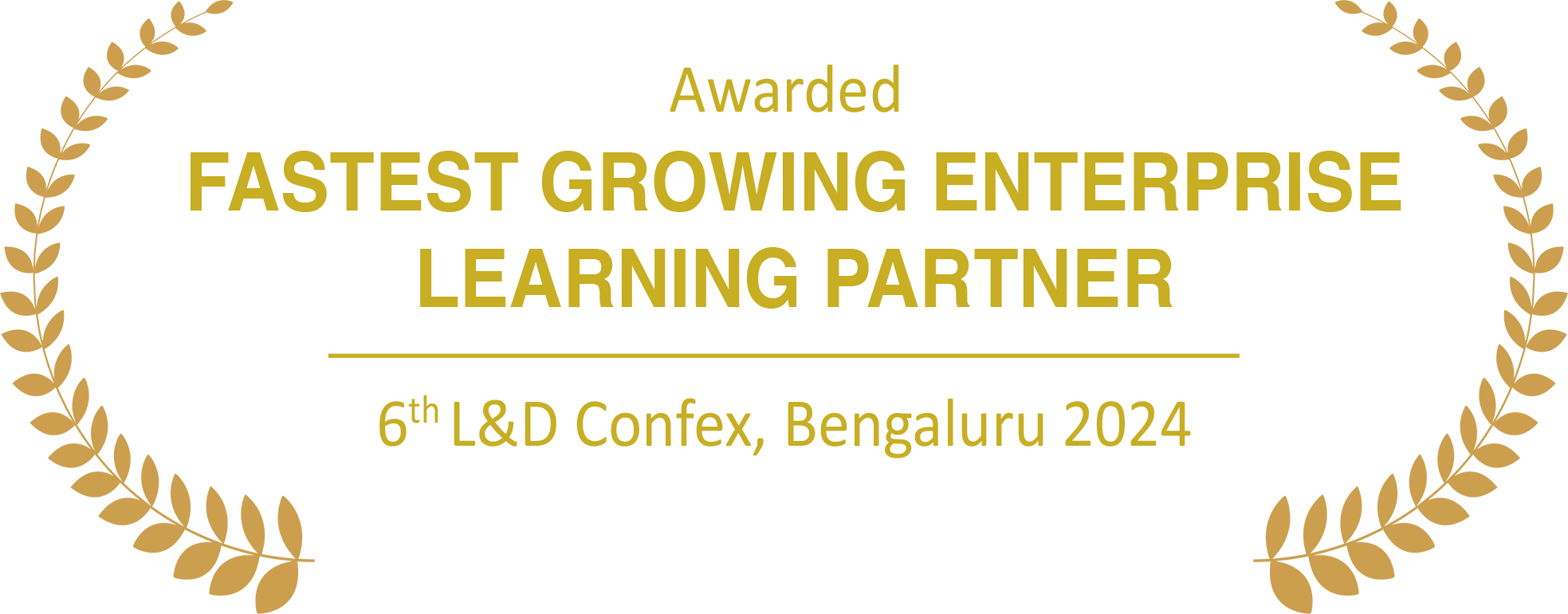
Overview
This course provides a comprehensive understanding of real-time operating systems (RTOS) with a focus on FreeRTOS. Participants will learn about RTOS concepts, task management, inter-task communication, and synchronization. The course also covers FreeRTOS configuration, porting to STM32, and debugging techniques. Through practical exercises, participants will develop hands-on experience in building real-time embedded applications.

Objectives
By the end of this course, leaner will be able to:
-
Understand the core concepts and characteristics of real-time operating systems
-
Create and manage FreeRTOS tasks with different priorities
-
Implement inter-task communication using queues, semaphores, and mutexes
-
Integrate FreeRTOS with STM32 microcontrollers for embedded system applications
-
Debug and troubleshoot FreeRTOS-based applications using advanced techniques

Prerequisites
-
Basic Microcontroller Programming
-
Embedded C


 Projects
Projects Assignments
Assignments






